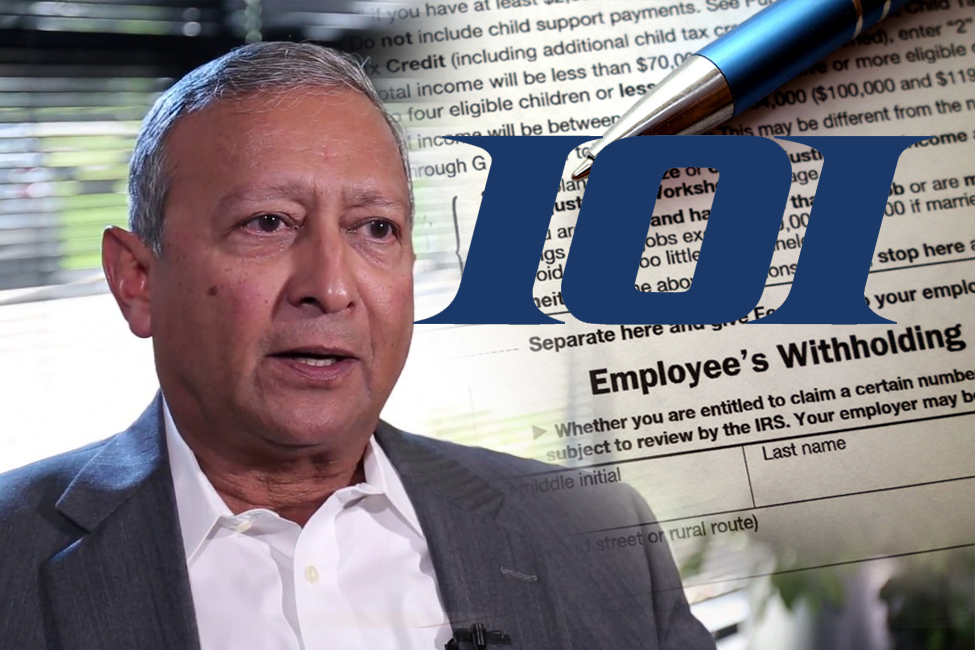Another financial sector is under fire for its own financial scandal. The payroll processing industry is being investigated by federal regulations for withholding tax payments of clients to the Internal Revenue Service and pocketing them.
Elkhart-based Interlogic Outsourcing, Inc. have been found siphoning off $90 million from the tax deductions of workers of its clients’ businesses. Najeeb Khan, owner of IOI, is being indicted of stealing tax withholding money that could amount to hundreds of thousands of dollars from the clients.
The process involves the payroll company sending an application to the IRS to pay taxes via electronic fund transfer and checking on the company owners’ credit and backgrounds. But states’ regulations apply differently from the federal government. In states like Indiana, the payroll firms are not registered or licensed.
Similar payroll institutions have also been charged with fraud showing the same modus to an industry that process huge amount of money yet unregulated by the government. At least four payroll processing companies are being investigated and the owners indicted for stealing money meant for government and state coffers for the last two years.
“This is one of the cruelest things about this type of fraud,” said William Dunn, director of government relations for the American Payroll Association. “If a company outsources tax payments to a third party, and the third party doesn’t make them, the IRS isn’t going to go back to the third party. They’re going to go to the employer and say you owe us this tax. That’s where companies really feel bitten twice.”
A law is already pending that will regulate the proper monitoring of the withholding tax payments. The Small Business Payroll Protection Act, proposed by U.S. Sen. Barbara Mikulski, sought to give businesses more cushion from being victimized by unscrupulous payroll processors.
Under the law it would require payroll firms to sign up with the government, give a bond protection or be conducted with quarterly third-party certifications and to provide transparency to clients on tax liabilities that are due and penalties for failure to follow the rules. This would ensure the small businesses are protected from the scheming payroll firms.
But it is ultimately the taxpayer’s duty to make sure his taxes are properly paid and not the company holding the payments for them.















